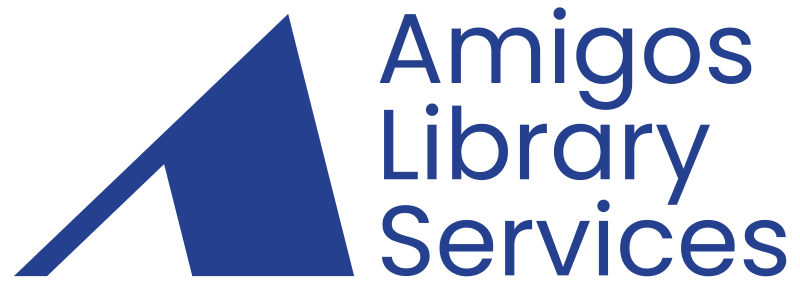Incorporating Sustainability into Teaching, Programs, and Practice
Understand sustainability as a set of practices and as a discipline. Explore how various library organizations have adapted practices, created programming, and developed information-literacy learning modules with sustainability learning outcomes. Attendees will articulate how sustainability is interconnected to the development of information literacy and life-long learning skills by drafting a sustainability project plan, which will be presented to the entire class.
